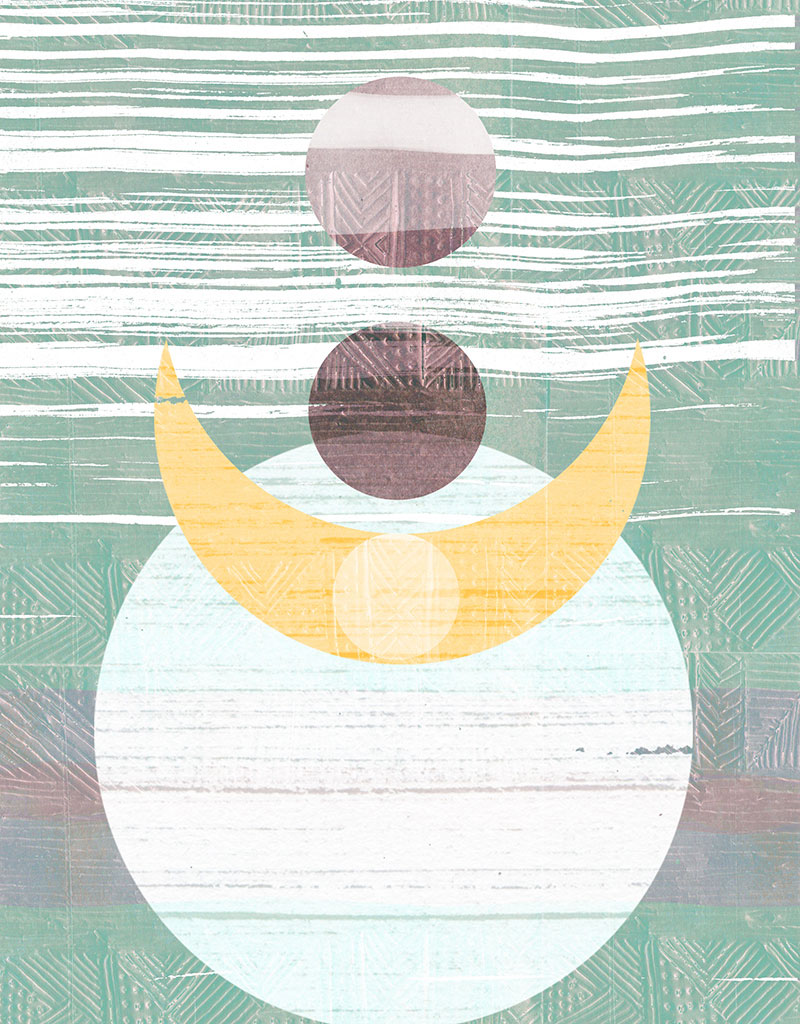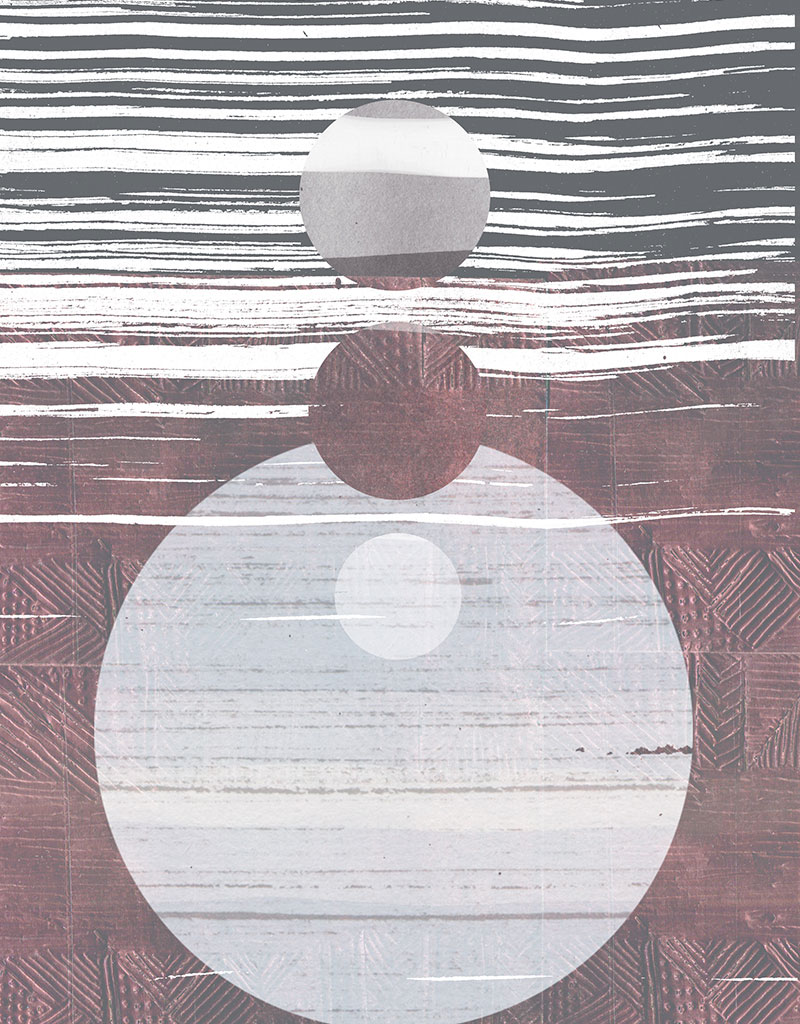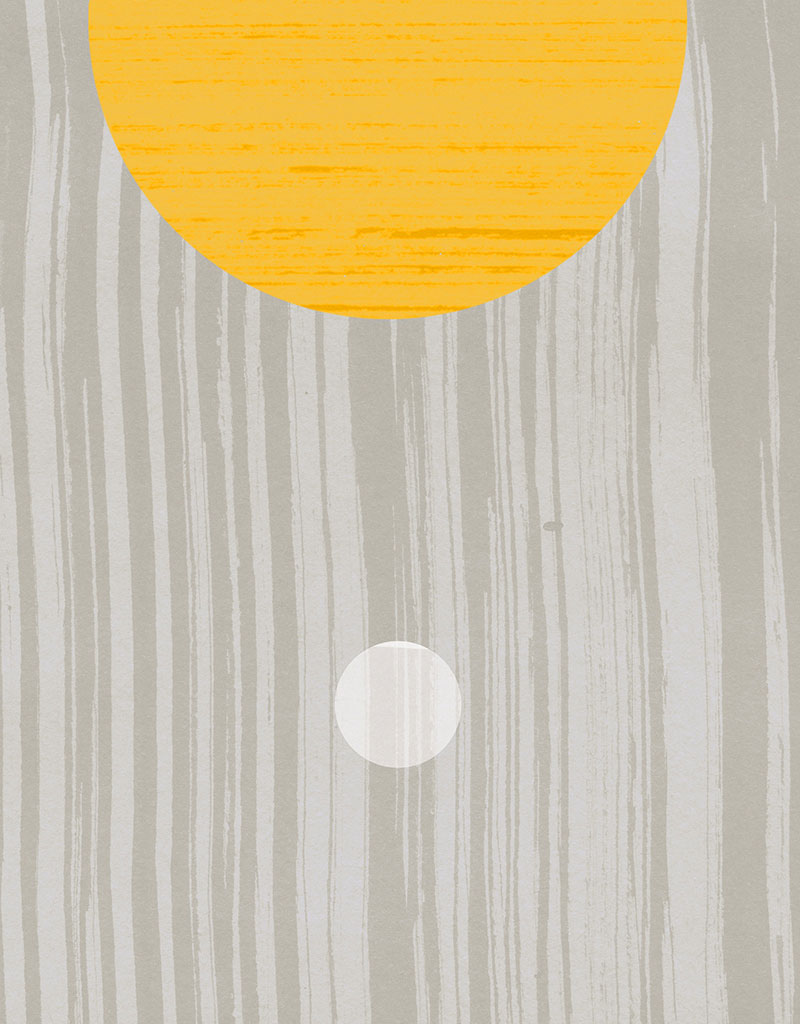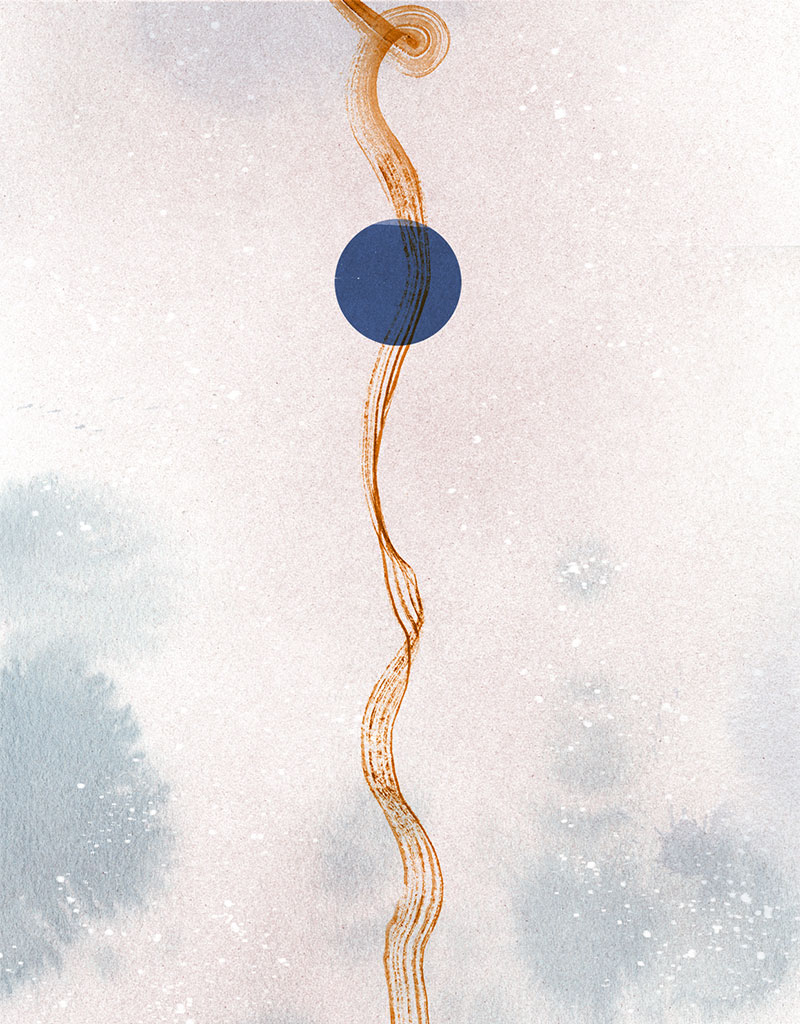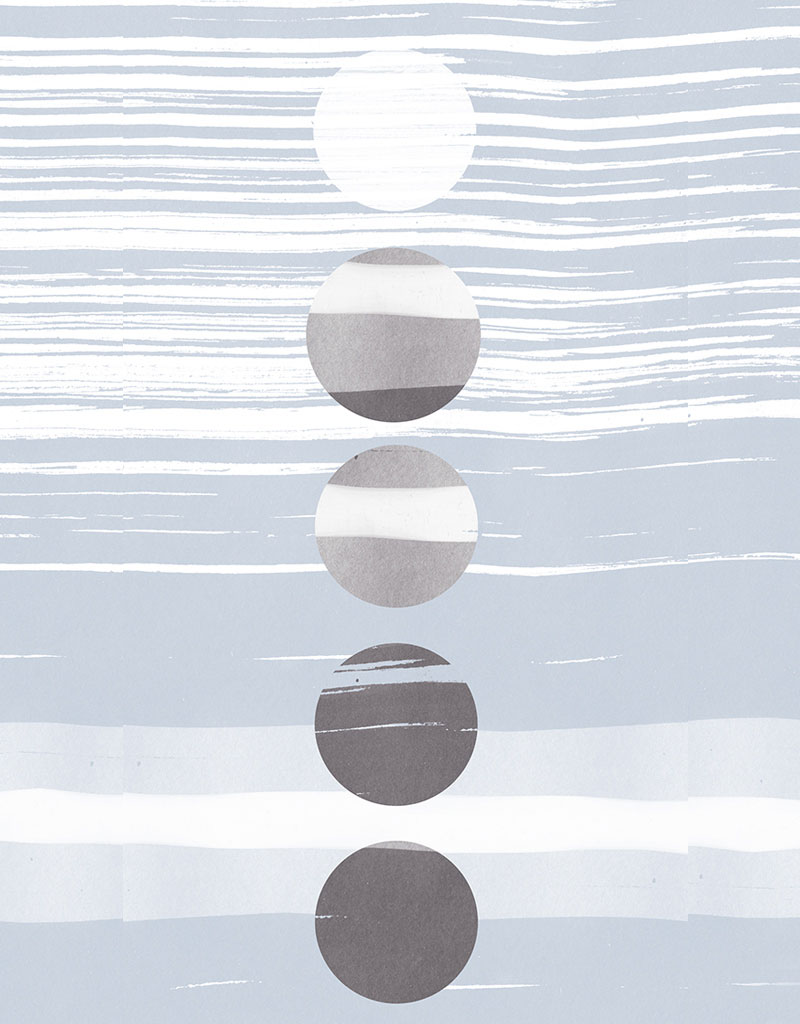Nilakshi Sharma

Around 10 years ago when on a family holiday in Germany, I was sitting next to my father on a train ride and asked him, “Pa, if you could choose to be born in any country in the world and everything remains the same – your family, work, etc., which country would that be?”
My father is a deep thinker and a bit of a philosopher. He took this question to heart - “I have given it a lot of thought and I have finally concluded that the only country I would like to be born again in is India.”
I was quite surprised by this response because my father spent a big and formative part of his life in Germany. We all have grown up highly influenced by Europe and I had thought he would choose a European country.
His reason for choosing India, however, was, “Because the level of sophistication of ancient Indian thought, the nuanced philosophy, the heritage of its wisdom along with its richness of culture, craftsmanship and diversity is what shapes me. Everything else feels quite flat in comparison.”
And it got me thinking. I have always considered myself as someone who is rooted in India and is deeply appreciative of our culture and heritage. But I hadn’t spent much time getting to know our rich heritage of philosophical thought.
There are so many Indias, and so many ways to experience, love and appreciate this ancient country and culture.
Growing up, my connection with the richness of this land came from my mother’s love for our crafts and the beauty of handmade objects. We used to hang out at the Crafts Museum, mesmerised by the craftsmen showcasing their beautiful products.
In India, even the most quotidian pieces are so aesthetic and thoughtful - be it a foot scraper, or an ink pot or a lota - the perfect balance of form and function. I always marvel at how our jewellers historically have been not only mastercraftsmen but also master designers themselves.
The other place I hung out as a teenager was the National Museum - obsessed with the Didarganj Yakshi and all the treasures there. (Yes, I was not a normal teenager, I guess.)
The conversation with my father got me wondering about where I come from, how do I relate to the larger world, what is my connection with the universe.
I started becoming more aware of connections between the mind, body and soul. And I began to understand, realise and appreciate and feel so much gratitude for this land, its ancient wisdom and culture.
I started reading a lot. With time, my dinacharya kept growing beautifully. I started doing abhyanga or self-massage with warmed oil - one of the best acts of self care. I listen to music while doing it, which brings such joy.
Dancing on the terrace first thing in the morning, meditation and reading a few verses of the Bhagavad Gita every morning gradually became my sādhana, or dedicated practice.
Constant svādhyāya, or self-reflection, and doing these little things have helped me become much more aware through every moment.
Over the years, my relationship with this rich, multi-faceted and multi-layered culture has deepened. As I started to discover the treasures of our philosophy and our literature, I realised that this ocean is so fascinating, deep and wide. I came to understand that we have had an amazing culture of open minded debates, rich commentaries and sublime poetry and prose. The Vedas being the root source of most of it.
With all this, my spiritual journey, rooted in the Vedantic philosophy, is now the fulcrum of my life.
From my dinacharya to how I move through the seasons, to my work, and my interactions with the world, I see myself evolving with the shastras as my anchor and the journey is truly quite special.

